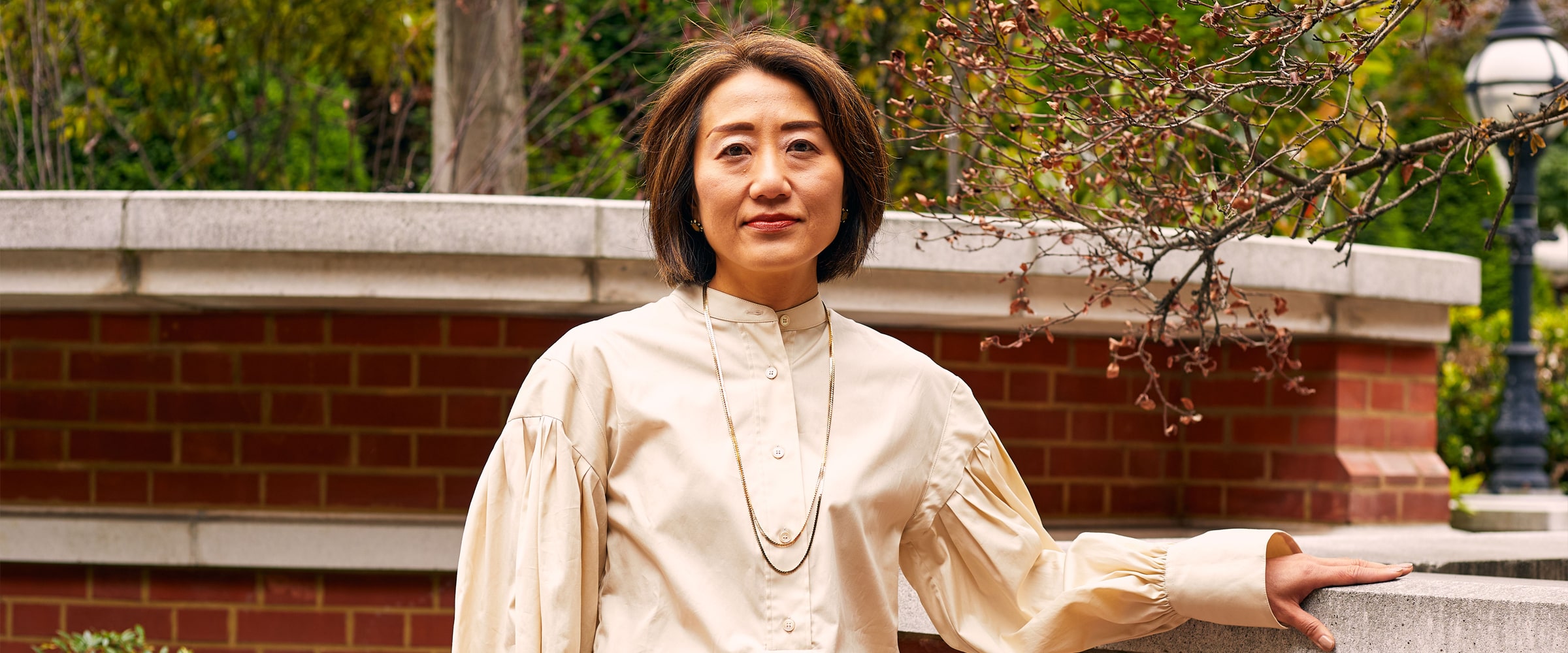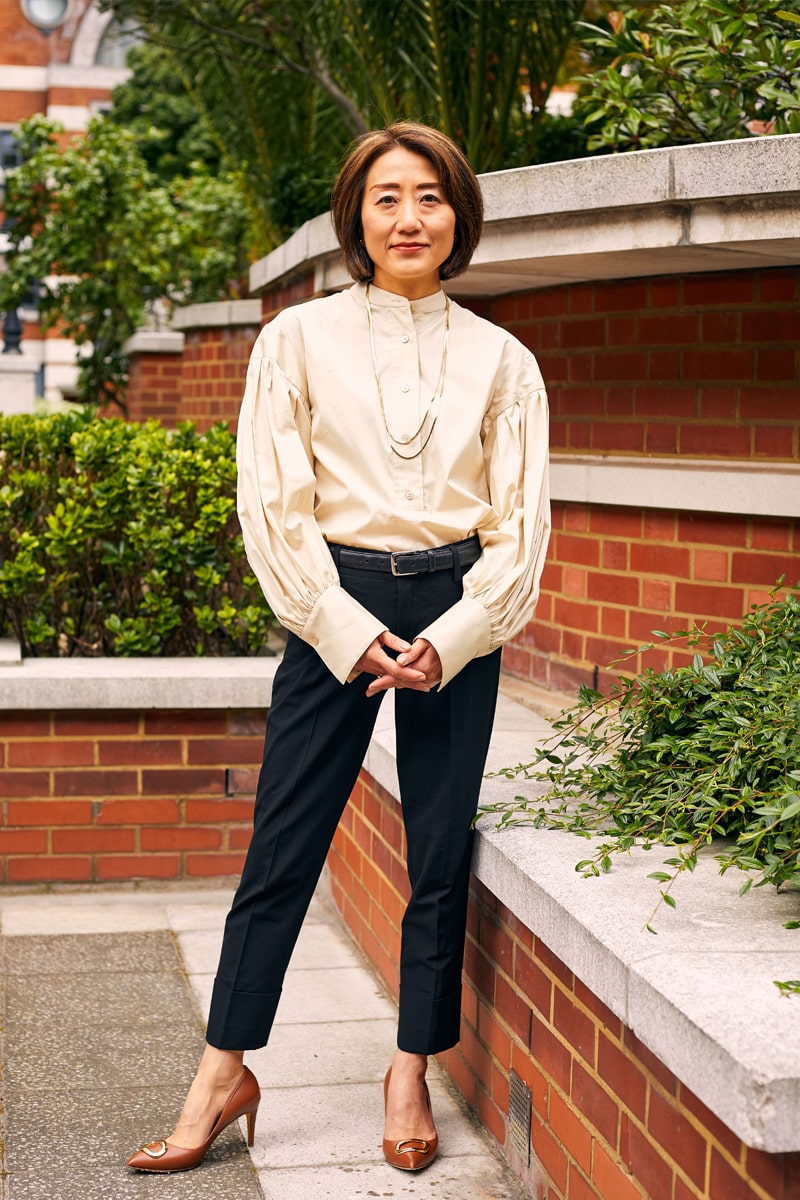Avison Young’s Director of Social Value Dr. Eime Tobari has always been interested in how the built environment
affects the way we feel and behave.
“The way the built environment affects our life is so fundamental and intrinsic. That’s why we’re focused on
how good buildings and places are designed, and how good landlord-tenant relationships operate,” Eime explains.
Social value, while difficult to define, generally refers to work or efforts that actively support the greater
good of a community. Social value can be created in a variety of ways, such as supporting local businesses,
providing training opportunities, protecting the environment, or increasing access to critical social good
services like education or healthcare. All help address the broader challenges that our society faces including
socio-economic inequality, health and wellbeing, social cohesion, diversity and inclusion.
As social value becomes mainstream, Avison Young’s clients are increasingly curious about measurement, how to
capture return on investment and accountability.
“Alongside the active projects we’re working on with our clients, we’ve developed an impact framework that
defines eight key themes – we use this as a compass to define the areas that we can influence. We can then set
objectives, KPIs and metrics to reflect local needs, vision and resources,” says Eime.
The social value of buildings and places can be measured as alignment with local needs, not as an absolute
value. Drivers to create social value will be different between various actors (e.g., public sector, developers,
investors, the broader community, etc.), but a shared value approach enables them to work together to co-create
a vision and find solutions that could benefit all stakeholders.
One notable project that the Avison Young team is engaged in is Paradise Birmingham, which is widely regarded
as one of the best office-led regeneration sites in any regional U.K. city.


